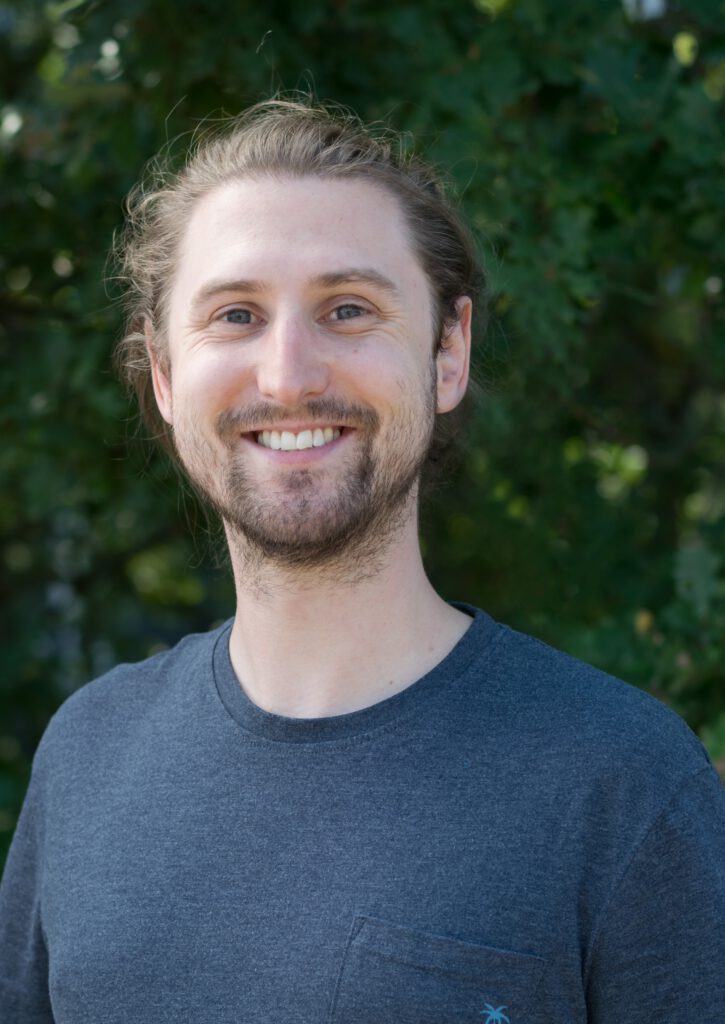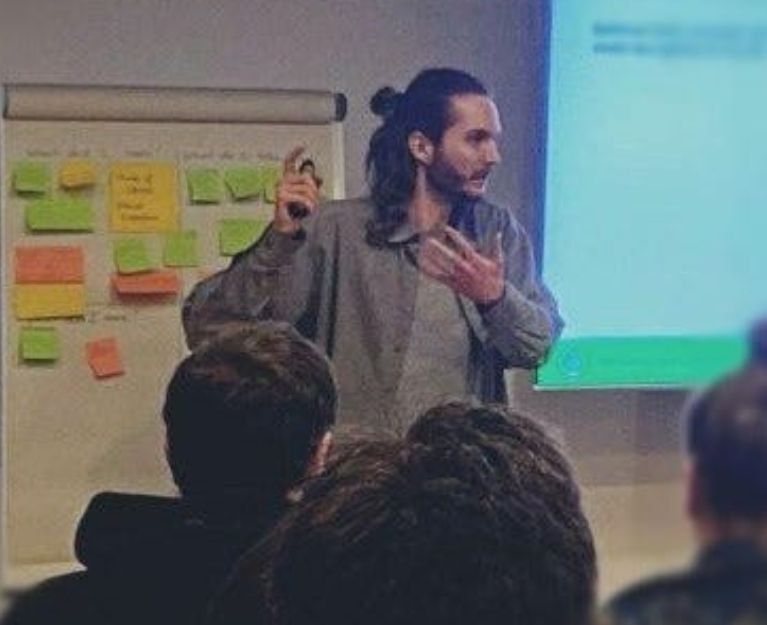Lecturer: Tim Tiedemann
Fields: Robotics, Sensor Data Processing, Edge Computing, Machine Learning
Content
(this course description is under construction)
In this practical course, we will touch hardware — robots and microcontrollers — and we will see: there is no brain inside! But as robots and lone small edge hardware out in the woods would really benefit from something like a brain, this course combines hardware and cognitive sciences. And as we are nice guys and gals, we will do it on our own: Put it on ’em! Put the brain on ’em!
As it is currently planned, different hardware will be on site and/or accessible:
– mobile wheel-based robot
– autonomous underwater vehicle (AUV)
– multiple microcontroller boards with different sensors
– (and as there need to be disappointments: systems in simulation)
We will try to implement different findings from the cognitive sciences (ie. Biology and Cognitive Psychology) or Data Science on the (small!) systems (some were already implemented by the instructor in research projects, some are brand-new and unrevealed).
The course is planned as BYOD and detailed descriptions of what notebook/installation should be brought to the course to participate hands-on, will be made available after the welcome event on Friday, 14th March. As first preparations you could already start with the installation/download of the tools (first links in the literature list below).
Literature
- (optionally) Linux helps in many cases, “WSL” can sometimes do the job, much better is am VM or a parallel installation with Linux. There are many distributions and help can be given in the course. To start a “Long Term Support” LTS version of Ubuntu could be a good solution, e.g., Ubuntu 24.04 LTS or Ubuntu 20.04 LTS
- (optionally) We will learn about the robotics framework “ROS”. Installation help will be given in the practical sessions of the course. If you like, install already before: ROS version “Noetic” (aka “ROS 1”), and optionally ROS 2, “Humble” or “Jazzy” (depends on Linux version).
- Install the Arduino Software (IDE), available for Windows, MacOS, and Linux: https://www.arduino.cc/en/Main/Software
- Among others we will work with ELEGOO robots. Infos and source code is available here: https://www.elegoo.com/blogs/arduino-projects/elegoo-smart-robot-car-kit-v4-0-tutorial
- And another system will be the “Waveshare PiRacer”. Infos can be found here: https://www.waveshare.com/wiki/PiRacer_AI_Kit
- – (papers and book recommendations will follow…)
Lecturer

Tim Tiedemann studied computer science with a focus on robotics and neural networks at Bielefeld University, Bielefeld, Germany. After receiving his Diploma in computer science (i.e. Master degree level), he worked as research assistant at the Cognitive Psychology Group and at the Computer Engineering Group (both at Bielefeld University). In his Ph.D. studies in biorobotics he focused on the transfer of (neuro-) biological concepts to the robotic domain. From 2010 till 2016 he worked as postdoc in the area of space and underwater robotics at the German Research Center for Artificial Intelligence (DFKI) in Bremen, Germany. Since 2016 he is professor of intelligent sensing at the University of Applied Sciences Hamburg (HAW Hamburg, Hamburg, Germany). His main research interests are sensors and sensor data processing (including machine learning methods) and robotics.
Affiliation: HAW Hamburg









